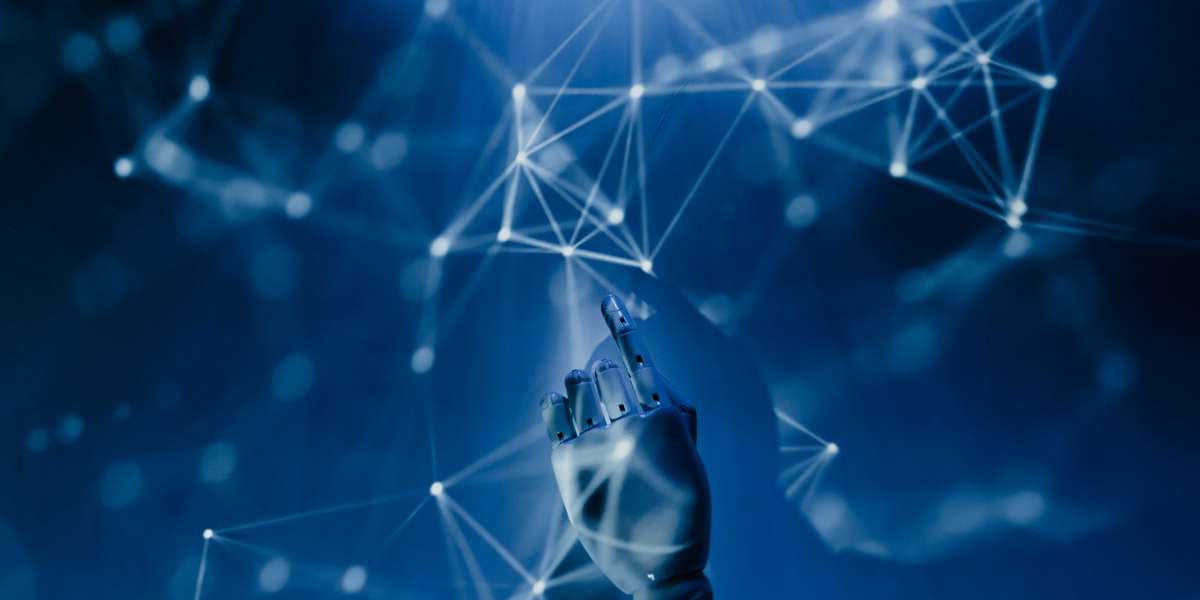Automating Time Management with AI
Time management is an essential part of any thriving business. It requires skill, discipline, and good organization to ensure that all tasks are dealt with efficiently and timely. However, the demands of modern business can be overwhelming, leaving many professionals check that feeling overwhelmed. Fortunately, automated technology has allowed the development of AI tools that can help automate time management processes, allowing professionals to make the most of their time and resources. This introduction will explore the various ways AI technologies can be used to help manage time and a few of the advantages they offer.
Facilitating Student Collaboration with Artificial Intelligence
The use of Artificial Intelligence (AI) to facilitate student collaboration has become increasingly popular in the educational arena. AI can be used to help students create collaborative projects and activities, as well as provide helpful feedback or guidance to promote better collaboration skills. AI can also be used to automate tasks like grading or attendance tracking, making it easier for instructors and students alike to focus more of their time on collaboration and learning. Additionally, AI can be used to provide better learning experiences by providing personalized learning materials, or by using AI-powered chatbot or virtual assistant technology to provide more interactive support and guidance. AI can also be leveraged to create an engaging virtual classroom environment, making it easier for students to connect with each other, share ideas, and build relationships.
Improving Student Identity Verification with AI
Improving Student Identity Verification with AI involves using Artificial Intelligence (AI) to help verify a student’s identity in digital systems. AI can be used to analyze a range of data points to confirm a student’s identity, such as facial recognition, voice recognition, and more recently, biometric data. This technology can help ensure that only verified students have access to online services, and that their identities are secure.
AI can be used to compare a student’s facial features, voice, and facial expressions to a database of known students. AI can be deployed with cameras to scan a student’s face and then compare its features with the stored data. Additionally, AI can be used to analyze biometric data like fingerprints and iris scans to authenticate a student’s identity.
The use of AI for student identity verification ensures that users have improved security and privacy as well as improved accuracy in the verification process. AI can be used to detect the slightest changes in the facial features or voice of a student and quickly identify potential fraud. Additionally, AI can be used to monitor students’ activities and suspicious behaviors, such as logging in from multiple locations or using unusual devices.
AI can also help accelerate the verification
Utilizing AI to Monitor Student Behavior
Q: What is AI?
A: Artificial Intelligence (AI) is a type of computer technology characterized by its ability to learn and think like a human. AI enables computers to analyze and make decisions based on large amounts of data, enabling advanced predictive analytics and decision-making.
Q: How can AI be used to monitor student behavior?
A: AI can be used to monitor student behavior in a variety of ways. AI-driven tools can be used to track student engagement in the classroom, analyze data to discover patterns in student performance and make predictions about how students may behave in the future. AI can also be used to provide personalized feedback and recommendations to students to help them improve their academic performance.
Q: What are the benefits of using AI to monitor student behavior?
A: Utilizing AI to monitor student behavior has several benefits. AI can help teachers understand the individual needs of each student, identify and address areas of concern more quickly, and allow teachers to customize the learning experience for each student. It can also save time, reduce costs, and enable teachers to focus more on teaching instead of manually gathering data.
Enhancing Extracurricular Activities with AI
AI can be used to enhance extracurricular activities in a number of ways. AI can be used to create online communication systems to create more efficient communication between educators and students. AI can also be used to generate personalized learning plans for individual students, helping them stay organized and on track with their extracurricular activities. AI can also be used to measure the effectiveness of extracurricular activities, helping educators and students identify areas that need improvement and rewards for positive outcomes. Additionally, AI-driven analysis can help students find the best resources for their individual needs. AI is becoming increasingly important for making extracurricular activities more engaging and efficient.
Conclusion
The use of AI to enhance extracurricular activities can be a powerful tool in making them more accessible to a wider range of individuals. By utilizing AI-based solutions, students, teachers, and administrators can more easily identify and respond to student needs on an individual level. AI can help to streamline the registration process, facilitate online collaboration, and enable personalized learning experiences. It can also enable more efficient management of class materials, assessment processes, and student data. AI-driven extracurricular activities can be a powerful asset to any school or organization striving to provide meaningful, engaging, and innovative extracurricular activities for its students.





